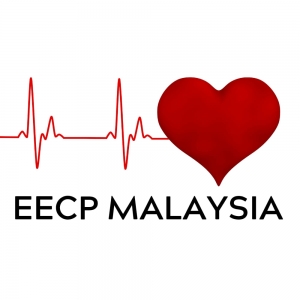
Heart disease is a serious condition that affects millions of people around the world. If you’ve been diagnosed with heart disease, you may be wondering what your treatment options are. Two common treatments are EECP (Enhanced External Counterpulsation) and other traditional heart disease treatments like medications, surgery, and lifestyle changes. But which one is right for you? In this blog post, we’ll compare EECP to other heart disease treatments and help you make an informed decision.
EECP:
EECP is a non-invasive, outpatient treatment that uses external cuffs to increase blood flow to the heart. The cuffs are placed on the patient’s legs, and they inflate and deflate in sync with the patient’s heartbeat. This process creates a pressure wave that helps open up blood vessels and improve blood flow to the heart. EECP has been shown to be effective for treating angina (chest pain), heart failure, and other heart-related conditions. The treatment typically involves 35 one-hour sessions over the course of several weeks.
Medications:
Medications are a common treatment for heart disease, and there are many different types available. Some medications help lower blood pressure or cholesterol, while others help improve heart function or reduce the risk of blood clots. Medications can be taken orally or administered through an IV, and they may need to be taken for a long period of time. While medications can be effective for managing heart disease, they can also have side effects and may not work for everyone.
Surgery:
Surgery is another treatment option for heart disease. There are several different types of heart surgery, including bypass surgery, valve replacement surgery, and heart transplant surgery. Surgery is typically reserved for patients with more advanced heart disease who haven’t responded to other treatments. While surgery can be effective, it’s also invasive and carries risks like infection and bleeding.
Lifestyle Changes:
Making lifestyle changes like eating a healthy diet, exercising regularly, quitting smoking, and managing stress can all help improve heart health. These changes are often recommended in conjunction with other heart disease treatments. While lifestyle changes can be effective, they can also be difficult to make and may not be enough on their own to treat more advanced heart disease.
Conclusion:
If you’ve been diagnosed with heart disease, you have several treatment options available. EECP is a non-invasive, outpatient treatment that has been shown to be effective for treating angina, heart failure, and other heart-related conditions. Other treatments like medications, surgery, and lifestyle changes are also available, but they may not be right for everyone. Ultimately, the best treatment for you will depend on your specific condition and needs. Talk to your doctor about your options and make an informed decision about which treatment is right for you.

